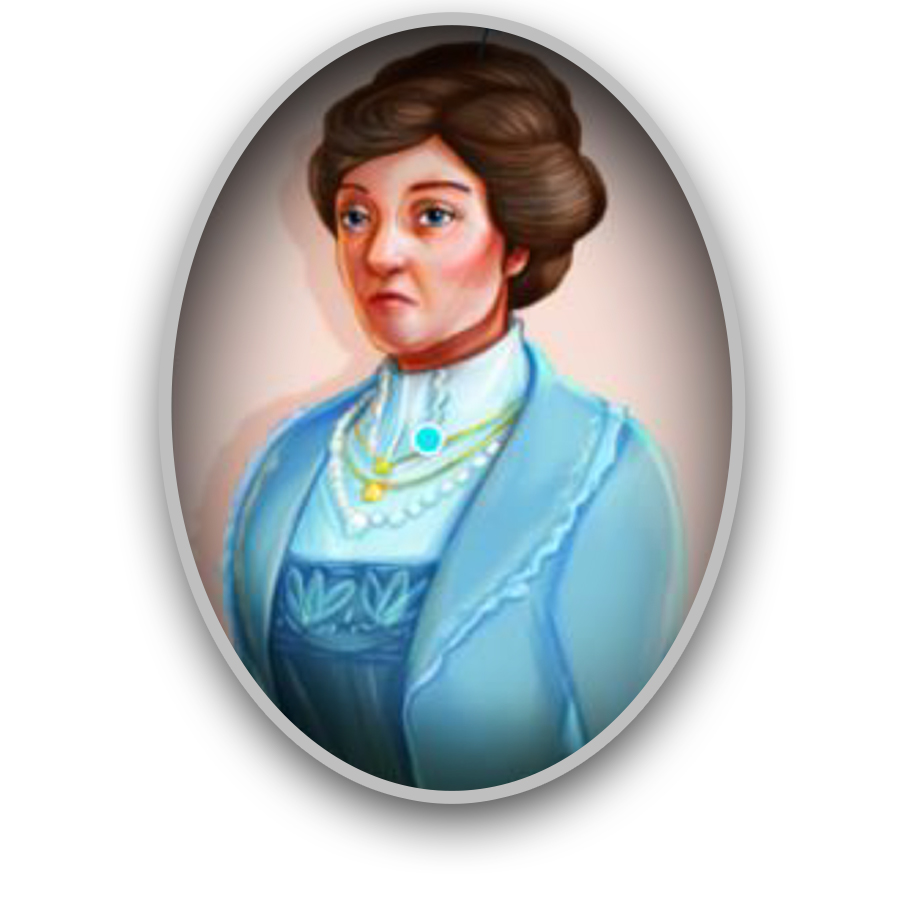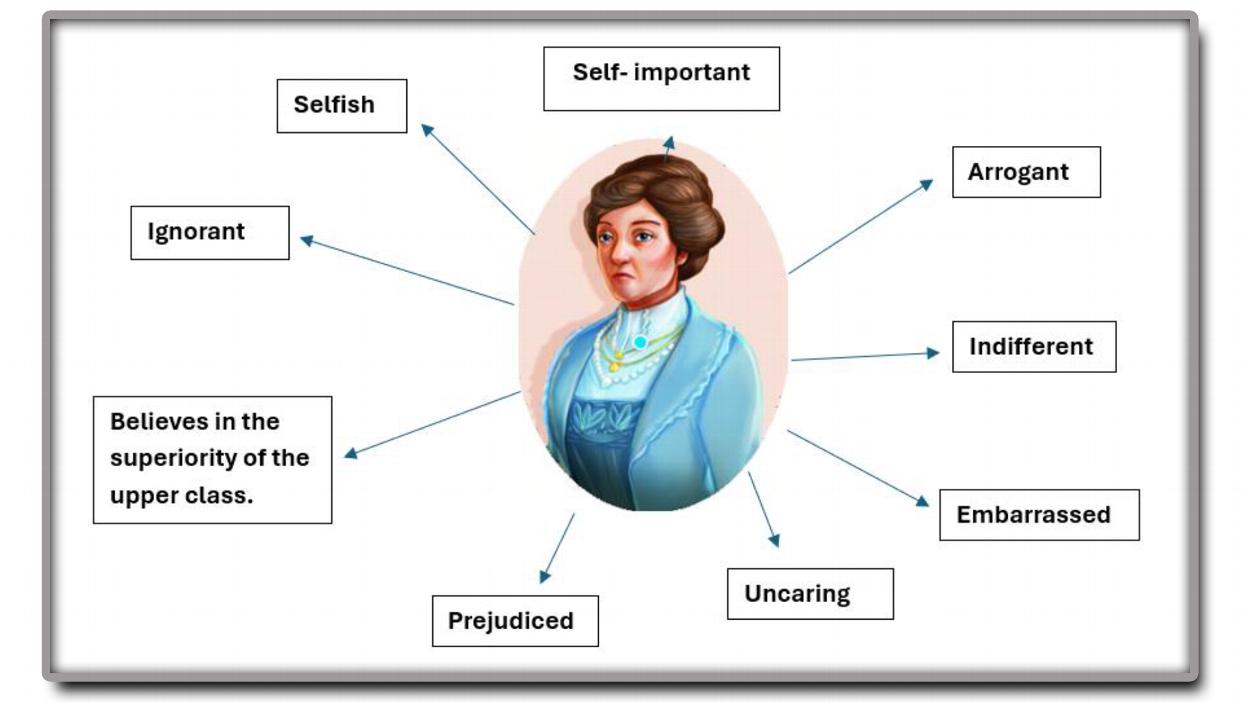
![]()
Character Analysis
Mrs Sybil Birling
In this weeks Blog, we present part two of a series looking at the characters of the play and the roles each one plays. We continue with Sybil Birling...
JB Priestley wrote An Inspector Calls to challenge inequality in society and convince his audience to support the introduction of the welfare state in Britain – a social safety net for all. He uses the characters in the play to highlight three major problems in society that he felt urgently needed to be addressed to improve life for all citizens. When analysing Mrs. Birling, you must evaluate how Priestley uses his character to highlight the issues caused in society by these three problems.
The three problems were:
1. Unfettered Capitalism – an economic system of running a country with no government intervention to protect workers from exploitation.
2. A Rigid Class System – a social system which saw some members of society valued more than others simply by the family into which they were born.
3. Gender Inequality – attributing less desirable characteristics to some members of society based solely on their gender.

Mrs. Birling and the Rigid Class System
Mrs. Birling is embarrassed about her husband's middle class status. She is very aware of how to behave as a member of the upper class as she was born into this class but had to marry down due to financial circumstances. She knows that Gerald will easily see any social missteps and tries to steer Arthur towards upper class manners by correcting his behaviour.
“Arthur, you're not supposed to say such things.”
She knows that the Birlings need to secure their status in society through a marriage to an upper class family and is willing to overlook any unhappiness the marriage may cause her daughter – it seems clear to all that Gerald has had an affair even before marriage to Sheila.
“men with important work to do sometimes have to spend nearly all their time and energy on their business. You'll have to get used to that, just as I had.”
Mrs. Birling knows that her status in society is based on maintaining a spotless reputation and being seen to be benevolent towards those less fortunate than her.
“We've done a great deal of useful work in helping deserving cases.”
To maintain her reputation, she admits to refusing to help Eva simply because she uses the Birling name at the charity - Mrs. Birling is much more concerned with appearing moral and avoiding a scandal than she is with actually helping women in dire need.
“First, she called herself Mrs. Birling”
She reveals her prejudices and superior attitude to the working class by stating that she doesn't believe that Eva has good morals.
“As if a girl like that would ever refuse money!”
Mrs. Birling and Unfettered Capitalism
Mrs. Birling does not directly represent the ideals of unfettered capitalism, but she does not appear to be shocked or concerned about the treatment of Eva Smith at the family businesses nor does she question Arthur Birling about his attitudes towards his workers.
In this way, the audience can see that she agrees with Mr. Birling's beliefs and supports his behaviour towards the working class.
Mrs. Birling and Gender Inequality
Mrs. Birling believes that women are the only ones responsible when it comes to pregnancy.
“I'm very sorry. But I think she had only herself to blame”
She believes that a woman's place is in the home and to defer to her husband in matters of money, business and decision making.
“men with important work to do sometimes have to spend nearly all their time and energy on their business. You'll have to get used to that, just as I had.”
She believes that an unmarried pregnant woman should be ashamed of herself as she clearly has no moral values.
“She was claiming elaborate fine feelings and scruples that were simply absurd in a girl in her position.”

We hope you enjoyed the second part of our new Character Analysis series. We'll be continuing our look at key characters in ‘An Inspector Calls' next week.
If you want to learn more about ‘An Inspector Calls' and many other books and poetry for English GCSE, why not join one of our online tuition groups or booster sessions? You can find out more here. Or you can find out about our other courses at: Tutors for Excellence.

